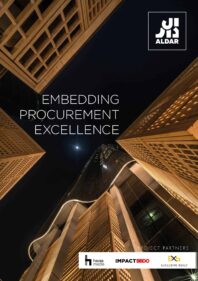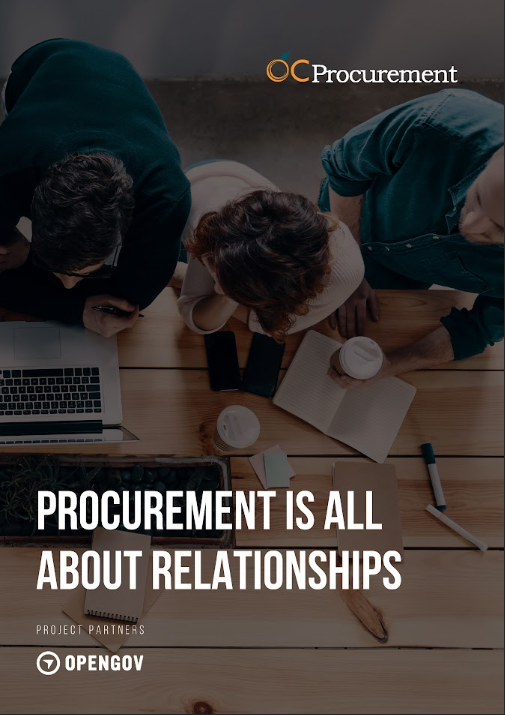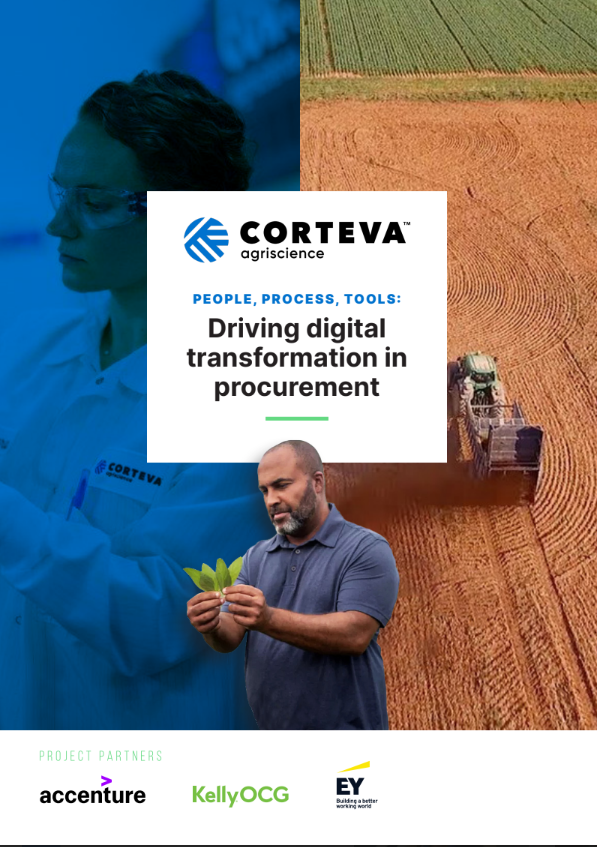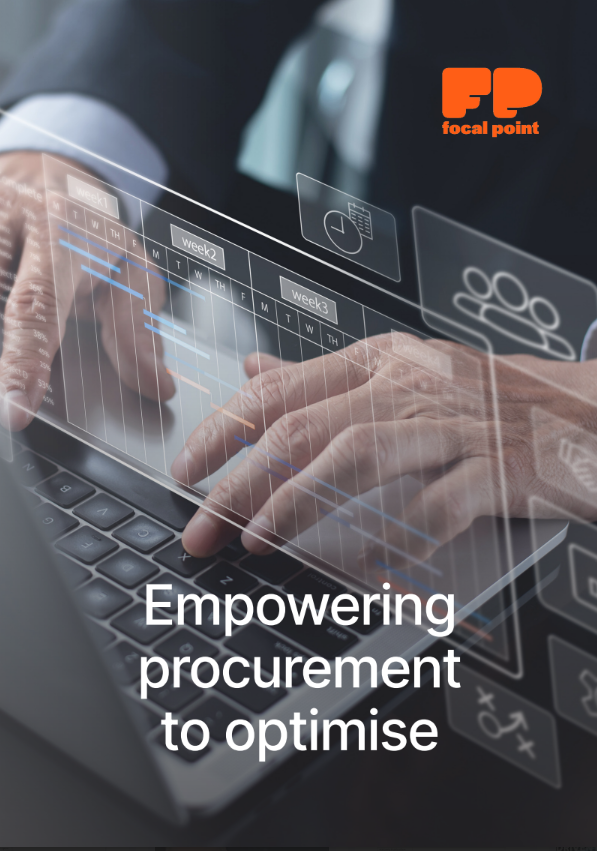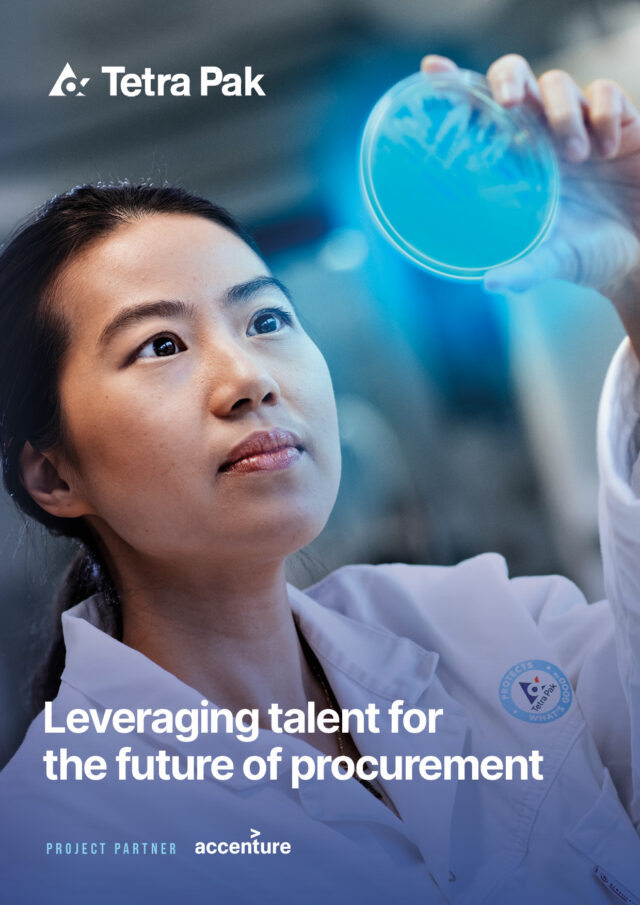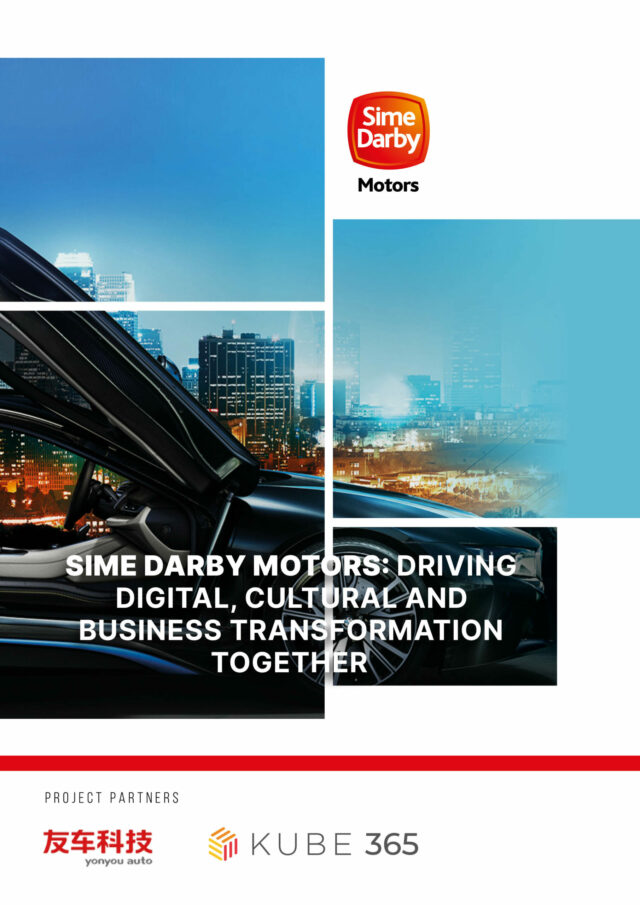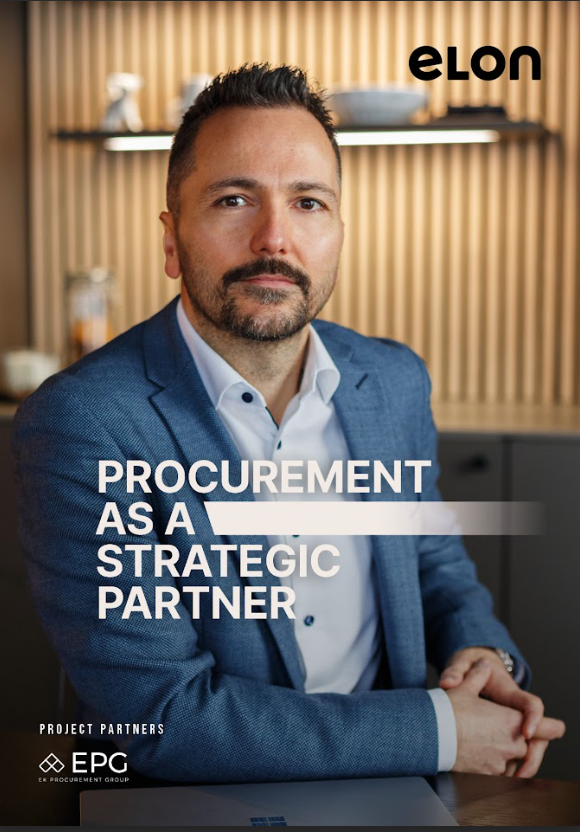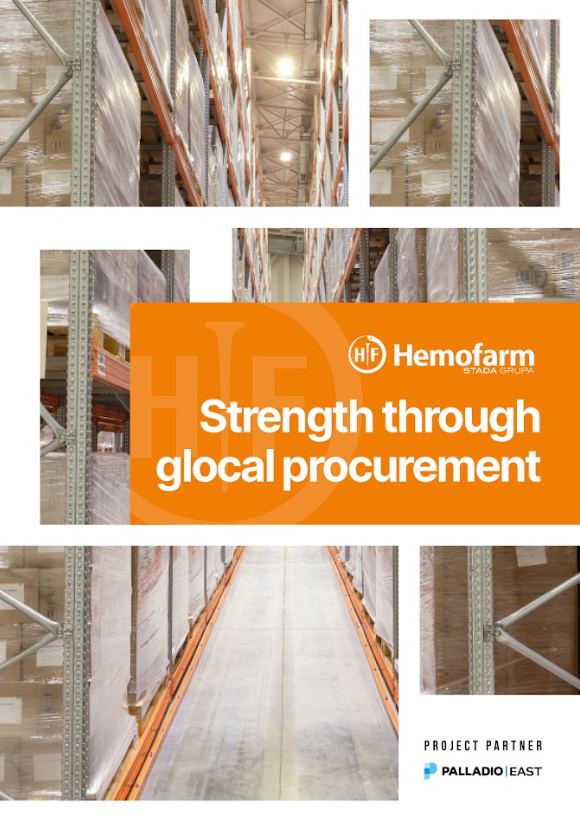From its humble beginnings in 2005, Aldar Properties PJSC has established itself as the leading real estate developer in Abu Dhabi and become one of the most well-known developers in the United Arab Emirates and wider Middle East region. The company is built on solid foundations, which emanate into each and every project it delivers. Aldar Properties continuously strives to better serve itself, its customers and stakeholders and achieves this by being both accountable and responsible for its actions. Aldar is a master developer and has been responsible for the construction of commercial and residential properties throughout the UAE and Middle East and so it is crucial that the company seeks out, fosters and develops key relationships as part of a vast procurement network.
Musbah Abu Jarad, Senior Vice President of Corporate and Assets Management Procurement, believes that Aldar adopts a two-pronged approach to its procurement responsibilities. He describes his side of procurement as the “second wing” of this strategy. “Wing one for Aldar lies within the project and the development, construction and completion of a project handed over to the end user, while ensuring the highest levels of environmental sustainability,” explains Abu Jarad. “This is then where I handle all the procurement-related activity from a post-handover or post-delivery perspective.” Abu Jarad points to a shopping mall as an example. Following the completion of construction and the handing over of that project to the end-user, Abu Jarad’s procurement responsibilities include marketing, media buying, event management activation of assets and communities as well as development.
Abu Jarad joined the business in late 2018 and did so at a time of procurement transformation for Aldar. “The procurement function within the company has been evolved at Aldar from a cost function into a partnership function,” he says. “What this means is that we no long look at suppliers as just suppliers to come in and provide services or goods and then leave. We look at them as partners, and ones who share our same environmental responsibility.” Over the last year, Aldar has invested significantly into its procurement function to define a clear strategic distinction between the purchasing abilities and duties of the project and development team and the procurement of asset management that Jarad and his team are responsible for. For Aldar, this segregated approach allows greater focus and control on purchasing and procurement that Abu Jarad feels is necessary to the growth of Aldar. “You have a full development team and then you have a central facilities management (FM) team or an asset management team who are all handling their own cost delivery,” he says. “So, we have, in effect, restricted needs within the culture of the department. This wasn’t within the procurement function before and it enables us to look at suppliers as more than simply partners.”
Aldar’s investment into its procurement function mirrors a global move from procurement as merely a cost center or purchasing role to that of a more strategic and ethical driving force. “It’s not just about delivering a service or a project to an end user, it’s about making sure that risks are navigated, businesses are added, with environmental sustainability in mind,” says Abu Jarad. “It’s about adding best value to clients and making sure we are following best-in-class policies and procedures in a dynamic way that serves the business.” Abu Jarad continues to acknowledge the significant role of procurement and how it should operate in a way that understands and delivers on the notion that the business needs things to be completed quickly, dynamically, ethically and efficiently all the while operating under different business requirements.
Aldar’s broad portfolio encompasses commercial towers and school academies to residential properties and so there is a certain degree of risk involved when looking to redefine the way in which the company works with its procurement network. “There are certain elements that you can’t risk,” notes Abu Jarad. “Take schools for example. You cannot jeopardize the deadlines of education and the deadlines of being able to hand over the buildings. In order to cope with this, you must engage with the right partners that can support us, deliver on our standards and be side by side with us. In turn, we support them. This is something we look for before any partnership is struck. It’s not a one-time deal and Aldar has been very successful in working with suppliers who continue to work with us and have plenty of customer retention.”
What is it that makes a key supplier, one that Aldar will look to work with on a long-term basis? For Abu Jarad, Aldar has a few key requirements that the company looks for. The most important part for him is the supplier’s willingness to provide Aldar with best value. “Best value to us means the quality of service, the personnel and the product,” he says. “If we achieve success with a certain partner, we try to repeat it and try to engage with them on other projects. In some cases, we have an agreed exit plan in place. We are engaged in a long-term marriage of sorts, but we have agreed ahead of time the terms for conditions of divorce, if required.” Make no mistake, Aldar does not set out to break a relationship with a client, quite the opposite. Aldar works in a number of ways to support its suppliers and to maintain a working relationship on a long-term basis. Through regular assessments of agreed-upon KPIs and regular service quality meetings, Aldar seeks to benchmark its supplier performance with international best practice. This approach has seen Aldar retain key supplier relationships since its early days in 2015 and is something that Abu Jarad is keen to continue to deliver on as the company grows into the future.
Given its broad portfolio, Aldar is open to a number of different suppliers in the market, both internationally and regionally. The company utilizes free market agreements as it looks to identity strategic suppliers in which it can call upon these suppliers at any time when a project comes at short notice. “It saves a lot in terms of tendering time,” explains Abu Jarad. “When you have strategic suppliers and partners on board with you and ‘at the ready’ you can rely on them when needed. This continuity works for them and for us because it creates trust and a level of efficiency in completing projects on time.” For Abu Jarad, establishing this trust, continuity and best practice comes from within the company as part of a wider journey for excellence that Aldar is implementing. “We want procurement excellence to be embedded within the very DNA of the company,” he says. “It’s not just about being a cost mentor within each department. We are a team of around 38 people all from different backgrounds with different experiences. Collectively, our experience is so different but together it adds value. We can work with suppliers and stakeholders and show that we understand their requirements because we’ve walked in their shoes and understand the nuances of what they need.”
Aldar has worked to centralize its procurement team as much as possible in order to better work with its suppliers and better serve its end users, while ensuring rigid sustainability measures on all levels. A centralized procurement function allows for a greater understanding of the markets and supplier performance based on that changing market. “End users aren’t working with suppliers based on macroeconomic reasons, they rely on their suppliers and don’t know how quickly the market can change,” explains Abu Jarad. “We try to align different end users’ requirements and we use the skill factor we have to make sure they get the best of the best in the market. A certain supplier might be dealing with a certain business unit in a completely different way to another, and this will not happen unless I gather the different end users, the different subsidiaries, and I sit down with them to make sure that they know what we’re doing for them is true, following strategic procurement sourcing exercises.”
Strategic sourcing is the cornerstone of Aldar’s procurement transformation and Abu Jarad highlights how he and his team have worked closely with different end users to explain and break down this new strategic sourcing. “It has seen us work more as middle men between different users whose requests were borne from isolated finance completely away from everyone else. We have introduced them to each other and tried to align their requirements as much as possible,” he says.
“We have reached great values of savings across the organization through implementing the free market agreements. We are looking at a full function of supervising procurement that serves the different subsidiaries of Aldar and different entities, while at the same time, customizing the product that could serve the assets orders and our diverse clients.”
Abu Jarad and his team have already experienced great successes in their procurement journey, generating significant cost savings and driving greater value for both Aldar and its end-users. For him, the key to this has been a process of continuous learning and taking each project regardless of its value as a learning experience. “We have open forums of discussion amongst us and we look at our successes and our failures,” he says. “We benefit more from our failures because it informs us of the risks that we have to mitigate and avoid in order to succeed the next time. “
“Continuous learning is a journey, and we are taking that on board all the time. We encourage all the team members to benchmark, to go outside, to get free training, to align themselves to the best of the international standard practices.”
It’s a testament to Abu Jarad and his team that the company is able to look forward with confidence on the foundation of a strategic procurement network that continues to drive value, bring innovation and go above and beyond to improve and succeed. “It’s never a one-man show, it’s always the team,” he says. “Through monitoring, 360 feedback, open door reviews, regular supplier, end user and partner meetings we will grow. What’s next in the journey? You never know. But we are ready for it.”
